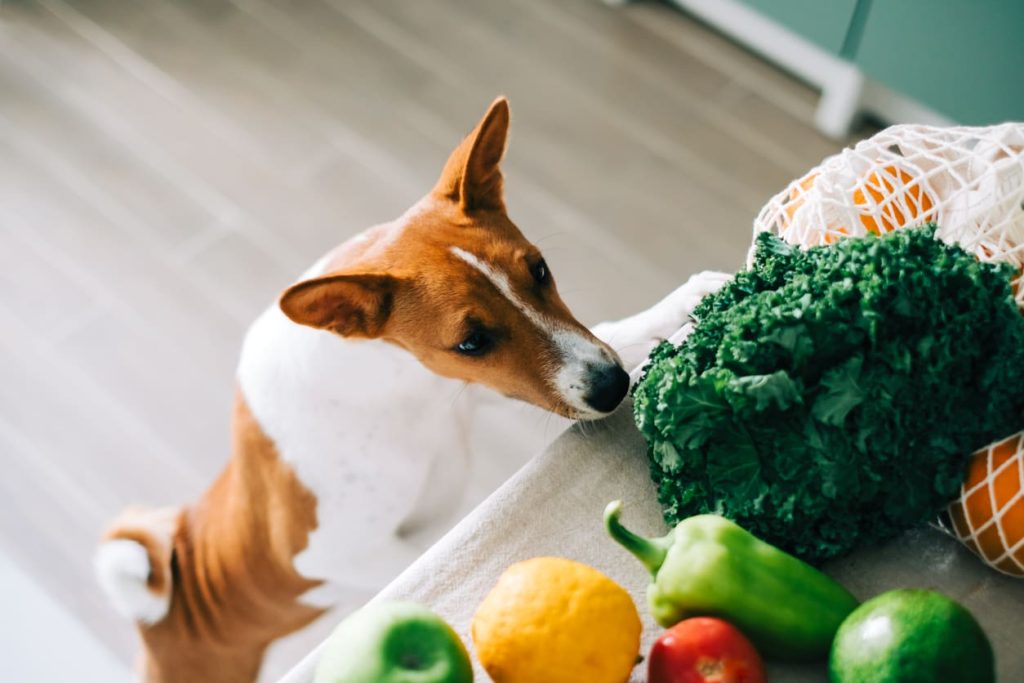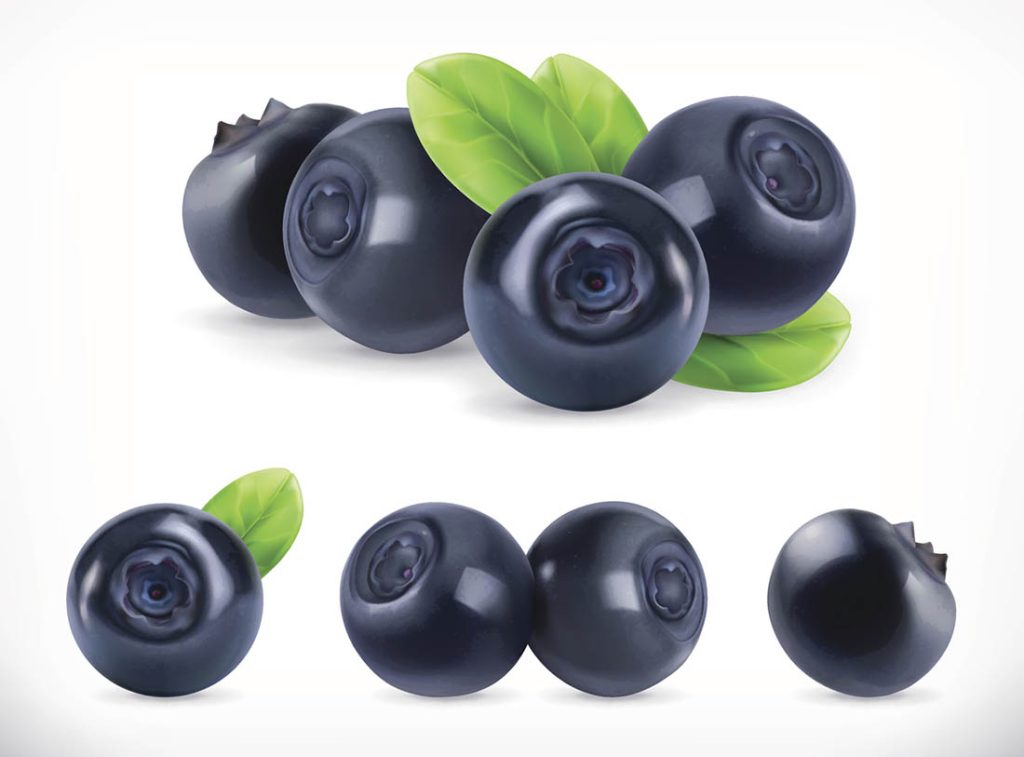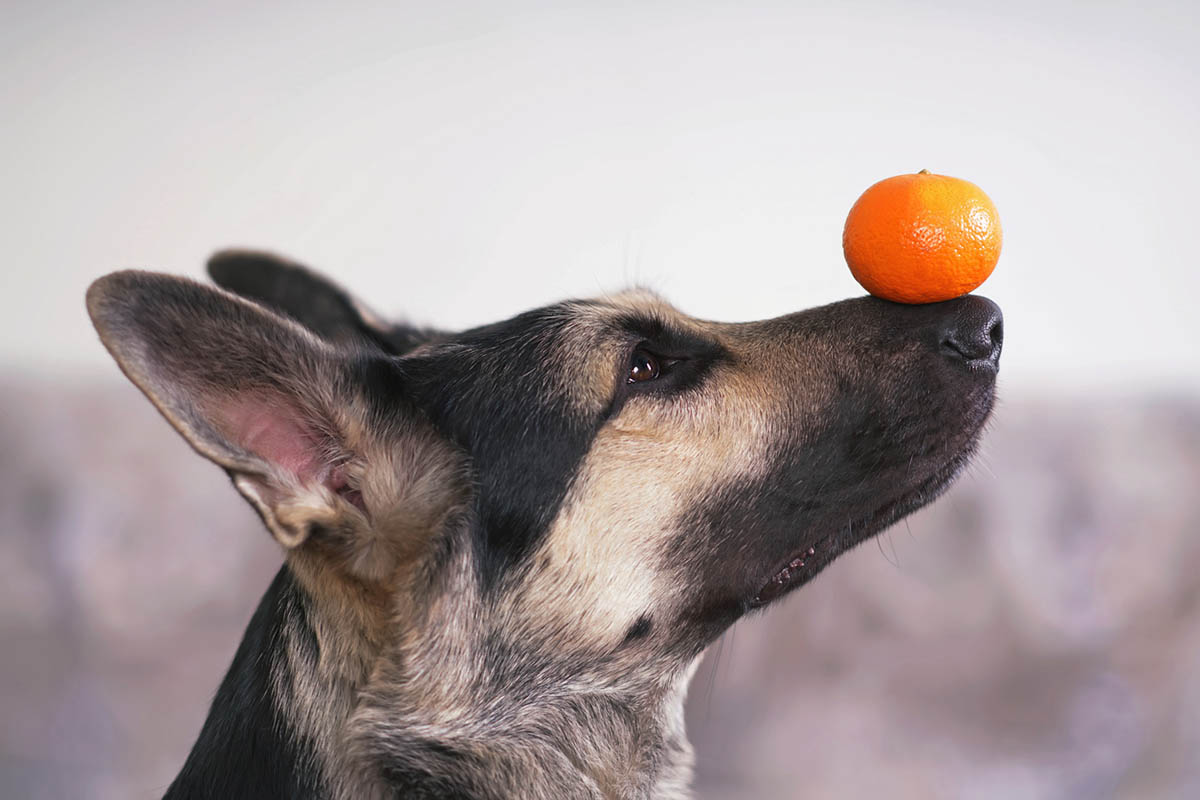Citrus fruits are a refreshing part of many human diets, but can our canine companions share in the sunshine snack? Those vitamins can provide many health benefits to humans, but what about pets? The answer, like many things related to dog food, is: it depends. Let’s dive into the world of citrus and canines to answer some frequently asked questions (FAQs) for pet parents.
Oranges, Tangerines, Clementines & Mandarins

Good news! The fleshy insides of some citrus fruits, like oranges, tangerines, clementines, and even grapefruits (in small amounts), are generally safe for dogs in very small quantities. These segments offer a delightful burst of flavor and contain beneficial vitamins like vitamin C and potassium.
However, there are some caveats:
- Sugar Content: Citrus fruits are naturally high in natural sugar, so moderation is key. Large amounts can lead to weight gain, digestive issues, and even obesity in overweight dogs.
- Citric Acid: The high citric acid content of citrus can irritate a dog’s sensitive digestive system, causing stomach upset or diarrhea.
- Seeds & Peels: These are a choking hazard and can cause blockages. Orange peels, in particular, contain essential oils that can be toxic to dogs. Be sure to get the whole peel off before giving your dog oranges.
- Diabetic dogs: Dogs with sensitive blood sugar should not be given citrus fruits due to their high sugar content.
Oklahoma State University Extension’s veterinarian and director of continuing education for the university’s College of Veterinary Medicine, Dr. Rosalyn Biggs, warns that citrus (including limes) can also cause central nervous system depression if eaten in large amounts.
So, How Much Citrus is Safe for My Dog?
A small, seedless piece of orange or another citrus fruit as an occasional treat is generally okay for most healthy dogs. However, it’s always best to consult your veterinarian (DVM) before introducing any new food to your dog’s diet, especially if they have any underlying health conditions, like diabetes or a sensitive stomach.
Healthy Snack Alternatives for Your Pooch

Looking for a refreshing summer treat that’s good for your furry friend? Consider these dog-safe alternatives:
- Watermelon: This juicy fruit is packed with vitamins and antioxidants, and most dogs love the taste!
- Blueberries: These antioxidant powerhouses are a great source of fiber and vitamins.
- Dog-approved veggies: Many veggies, like green beans and carrots, are safe and healthy snacks for dogs.
The Bottom Line on Citrus and Canine Companions
While the occasional citrus segment can be a refreshing treat for your dog, it’s important to remember that dog food is specially formulated to meet their nutritional needs. Stick to dog treats specifically designed for canines and avoid giving your pup large amounts of citrus fruits or any human food that isn’t dog-safe.
And a note on citrus juices: Dogs should not have orange juice and the like due to the high sugar content and additives that may cause gastrointestinal upset.
Remember:
- Small quantities are key. Only small pieces!
- Seeds and peels are a no-go. Always remove the seeds and rind from orange slices and the like.
- No juice.
- Consult your DVM before introducing new foods.
- Dog food is the best source of nutrition for your furry friend.
- There are plenty of healthy snack alternatives available.
By following these tips, you can ensure your canine companion enjoys a healthy and happy summer!
